About Family Matters of Greater Washington 16th Street
Family Matters of Greater Washington has a caring, all inclusive and evidence based approach to addiction treatment. The facility is located in Washington, D.C., offering outpatient services with structured care while allowing clients to go about their routine lives. The center offers a well rounded and personalized recovery experience by focusing on addiction and co occurring mental health disorders.
Beyond Traditional Treatment
Family Matters of Greater Washington is different from most treatment centers in that it offers several therapeutic approaches to each client’s individual needs. Cognitive behavioral therapy and dialectical behavior therapy teach individuals how to change destructive thought patterns and build better ways of dealing with problems.
The program also weaves trauma informed care into the treatment. This way clients can work through any lingering trauma that might be the root cause of their addiction.
The treatment process includes family therapy, which helps loved ones to understand the dynamics of addiction and equips them with ways of helping without enabling the client to engage in the problematic behaviors. The clients will also engage in group and individual counseling.
Inclusive Care for Every Journey
The facility accepts all individuals and has special programs for young adults, seniors, the LGBTQ+ community and military clients. This approach guarantees that every client gets care relevant to their experience. The facility understands the diverse issues that various populations encounter and develops treatment plans that consider cultural factors, life situations and recovery objectives.
Addiction Treatment Programs
Dual Diagnosis
During dual diagnosis treatment in District of Columbia, you’ll receive integrated care for your mental health and substance use concerns, helping you establish long-term recovery.In addition to typical detox, inpatient treatment, and outpatient care, a dual diagnosis program may include medication management, additional counseling, and classes on healthy coping and other important life skills.
Young Adult Rehab
Young adult rehab programs in the District of Columbia can help young people make healthier life choices and avoid common mistakes. In addition to typical detox, inpatient treatment, and outpatient care, a young adult program may also teach clients about living independently, budgeting, having healthy relationships, parenting, and more.
Adult Program
When people join an adult program in the District of Columbia, they learn about topics such as employment and raising a family while receiving treatment. In addition to typical detox, inpatient treatment, and outpatient care, an adult program may also teach clients about building a career, saving for retirement, parenting, and more.
Senior Rehab
Senior rehab in District of Columbia offers specialized addiction treatment for older adults that addresses their unique challenges. A specialized rehab for seniors can provide help for the specific challenges of aging. This may include counseling, help with pain management, skills for overcoming loneliness, and more.
LGBTQ Friendly Rehab
If you’re looking for a safe space to work on your recovery as an LGBTQ+ person, consider finding an LGBTQ+ friendly rehab in District of Columbia. Whether you need detox, inpatient treatment, or outpatient care, an LGBTQ+ friendly program will offer specific support for your emotional, mental, and social needs.
Military Rehab
The best way to achieve long-term recovery if you are a service member or veteran in District of Columbia may be to find a military rehab. In addition to typical detox, inpatient treatment, and outpatient care, a military program may also provide classes about managing PTSD, overcoming trauma, adjusting to civilian life, and more.
Insurance Coverage
Medicaid
For those who qualify, one option for paying for rehab in the District of Columbia is using Medicaid. Using Medicaid keeps your costs, if there are any, very low. You can access any type of care, including detox, inpatient, and outpatient.
Private insurance
Private insurance can help pay some or all of the costs of rehab in the District of Columbia. Different plans have different coverage levels and out-of-pocket costs, so be sure to contact your insurance company for more information.
Self-pay options
In the District of Columbia, you can pay for addiction treatment using self-pay. Self-pay involves writing a check, getting a medical loan, or having money sent electronically to the clinic. Be sure to check on the fee structure, which may depend on the level of care.
Financial aid
One option for paying for rehab in the District of Columbia, if you’re struggling, is using financial aid programs. You can pay for detox, inpatient treatment, or outpatient care using scholarships or grants from the treatment center or from local organizations.
Levels of Care
- 1
Outpatient Rehab
During outpatient treatment in District of Columbia, each client attends multiple hours of care per week while living independently outside of treatment. Outpatient treatment is less intensive than inpatient care and may include both counseling and attendance at a 12-step or other recovery support group.
Therapies
Cognitive Behavior Therapy
Not everything we think is true or helpful. Cognitive behavioral therapy in District of Columbia teaches you to challenge distorted thinking so you can see things more clearly and choose healthier responses. Your underlying core beliefs can cause you to automatically react in certain ways. CBT helps you identify these immediate responses, challenge them, and choose a healthier response.
Dialectical Behavior Therapy
People want to improve their situation but don’t always know how. Dialectical behavioral therapy in District of Columbia teaches you healthy coping mechanisms and improves your confidence so you can build a better life. You probably have unhelpful thoughts and behaviors that you have inadvertently practiced for years. DBT helps you identify these behaviors and choose a healthier response.
Family Therapy
During family therapy in District of Columbia, clients and their loved ones can address dysfunctional relationships, resentments, and conflicts in order to create healthier relationships that support the client’s recovery. Family therapy is a normal part of evidence-based treatment programs and may be a part of inpatient treatment, outpatient care, or both. Topics include addressing past events, overcoming codependence and enablement, and building healthy, supportive relationships with each other.
Group Therapy
During group therapy in District of Columbia, each client has a chance to share their unique experiences and feelings about the discussion topic. This creates accountability and support. Group therapy can be part of detox, inpatient treatment, and outpatient care. It’s generally combined with individual counseling, activities, life-skills classes, and relapse prevention planning.
Individual Therapy
You’re not alone as you work through addiction in District of Columbia. Individual therapy gives you a professional who’s on your side to help you build a new life. A professional therapist can help you identify substance use triggers, reshape your thinking about specific topics, and address prior experiences and trauma that impact your substance use habits.
Trauma Therapy
During trauma-informed therapy in District of Columbia, you’ll be given the tools you need to manage your emotions and understand what happened in a healthier way. Trauma-informed therapy is one element of rehab treatment, which also includes activities, peer support, individual and group counseling, relapse prevention, and more. Together, all these methods support you in establishing long-term recovery.
Location
Contact Family Matters of Greater Washington 16th Street
Top Drug Rehab Centers in District of Columbia
-
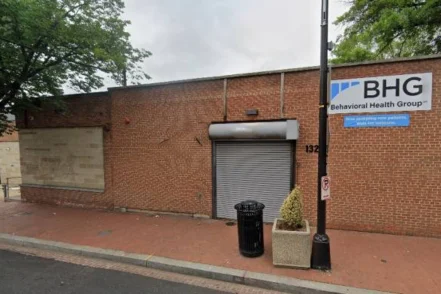 District of Columbia
District of ColumbiaBehavioral Health Group BHG
1320 Good Hope Road SE Washington, District of Columbia 20020
-
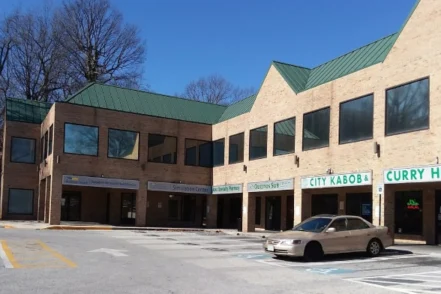 District of Columbia
District of ColumbiaMedStar Washington Hospital Center Michigan Avenue
216 Michigan Ave., NE Washington, District of Columbia 20017
-
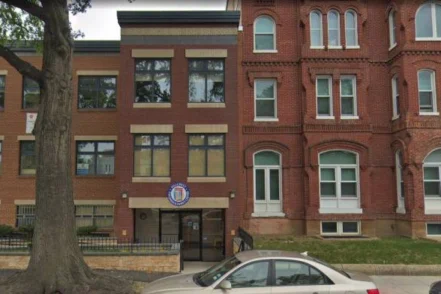 District of Columbia
District of ColumbiaHillcrest Children and Family Center
915 Rhode Island Avenue Northwest Washington, District of Columbia 20001
-
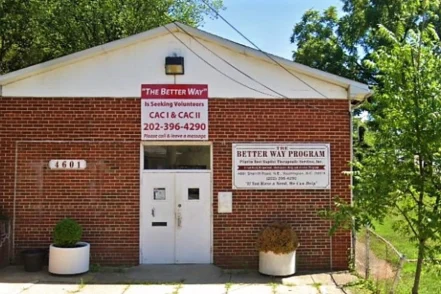 District of Columbia
District of ColumbiaBetter Way Program
4601 Sheriff Road NE Washington, District of Columbia 20019
-
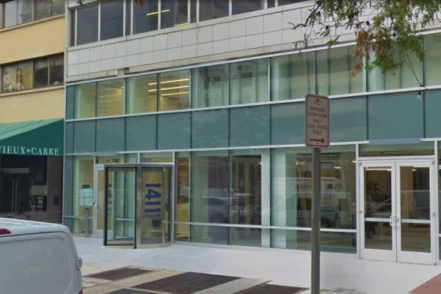 District of Columbia
District of ColumbiaKolmac Integrated Behavioral Health
1025 Vermont Ave NW Suite 305 Washington, DC 20005
-
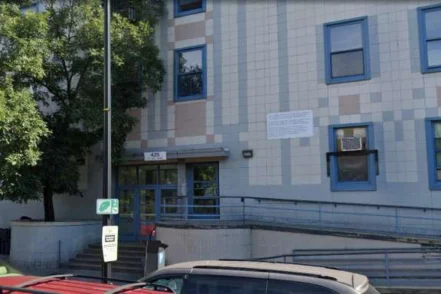 District of Columbia
District of ColumbiaClean and Sober Streets
2 North 425 2nd Street Northwest Washington, District of Columbia 20001